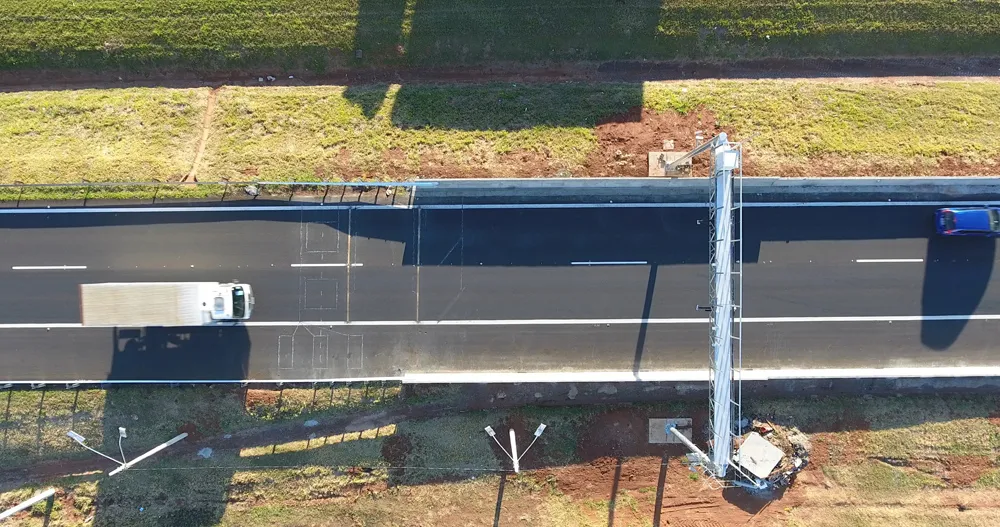A two-year study, ‘Speed cameras in an urban setting: a cost-benefit analysis’, which has been published online in ‘Injury Prevention’ claims that the deployment of speed cameras in urban areas saves vast amounts of money as well as lives. The authors (Joan Mendivil, Anna García-Altés, Katherine Pérez, Marc Marí-Dell'Olmo, and Aurelio Tobías) base their findings on the impact of speed cameras, which were first deployed on the major access routes in and out of Spanish city Barcelona in 2003.
June 25, 2012
Read time: 2 mins
A two-year study, ‘Speed cameras in an urban setting: a cost-benefit analysis’, which has been published online in ‘991 Injury Prevention’ claims that the deployment of speed cameras in urban areas saves vast amounts of money as well as lives. The authors (Joan Mendivil, Anna García-Altés, Katherine Pérez, Marc Marí-Dell'Olmo, and Aurelio Tobías) base their findings on the impact of speed cameras, which were first deployed on the major access routes in and out of Spanish city Barcelona in 2003.
The report team assessed the cost effectiveness of these speed cameras between 2003 and 2005, taking account of the initial cost to install and operate them, and those costs attributable to police time, ticketing and photography for motorists exceeding the prescribed speed limit. These figures were then set against the costs of medical treatment, damage to property and lost productivity, calculated from figures derived from road traffic accident data in the city of Barcelona for 2003 and 2004.
Based on previous data, it was estimated that there would be 364 fewer road traffic accidents and 507 fewer people injured during the first two years of speed camera operation. When all these figures were taken together, the authors calculated that the net savings made amounted to €6.8 million (US$9.2 million) over two years, the bulk of which came from savings on medical treatment and property damage costs. The authors emphasise that these are minimum costs, and that the savings may be as much as €23 million.
The report team assessed the cost effectiveness of these speed cameras between 2003 and 2005, taking account of the initial cost to install and operate them, and those costs attributable to police time, ticketing and photography for motorists exceeding the prescribed speed limit. These figures were then set against the costs of medical treatment, damage to property and lost productivity, calculated from figures derived from road traffic accident data in the city of Barcelona for 2003 and 2004.
Based on previous data, it was estimated that there would be 364 fewer road traffic accidents and 507 fewer people injured during the first two years of speed camera operation. When all these figures were taken together, the authors calculated that the net savings made amounted to €6.8 million (US$9.2 million) over two years, the bulk of which came from savings on medical treatment and property damage costs. The authors emphasise that these are minimum costs, and that the savings may be as much as €23 million.








